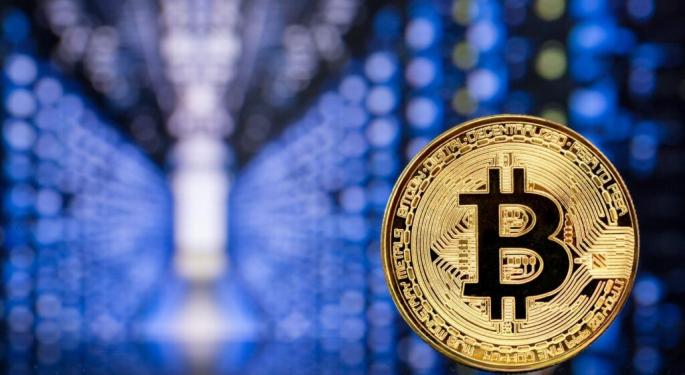US Tariffs On Asian Mining Rigs Slow Bitcoin Growth As Firms Eye Canada, Domestic Production
The U.S. Bitcoin mining industry is facing headwinds as new import tariffs on mining equipment from Southeast Asia go into effect.
What HappenedL Following the expiration of a 90-day tariff pause announced earlier this year, the Biden administration finalized reciprocal tariffs targeting ASIC mining hardware imports from key Southeast Asian countries, including Indonesia, Malaysia, and Thailand.
These tariffs, which take effect on Aug. 7, bring the total levy on imports from these regions to 21.6%, according to documents reviewed by The Block.
Ethan Vera, COO of Bitcoin mining infrastructure firm Luxor Technology, said that while these tariffs are lower than originally proposed, they are still significantly higher than the standard 2.6% import duties that applied prior to 2024.
The increased costs are already discouraging U.S. miners from importing rigs and are redirecting flows of mining hardware to countries with more favorable trade environments, such as Canada.
In contrast, tariffs on rigs from China remain steeper.
Imports from the region currently face a combined rate of 57.6%, composed of a 10% baseline tariff and an additional 20% country-specific duty, although a further increase that had been floated was not adopted.
China and the U.S. have agreed in principle to extend the tariff pause, but final confirmation is still pending.
With U.S. miners facing mounting import costs, Luxor is facilitating domestic production partnerships to localize ASIC manufacturing.
Vera revealed that major manufacturers, including China's MicroBT, are exploring ways to assemble machines in the U.S. to offset costs and maintain market presence.
Still, complete onshoring remains a long-term goal, as many components are still sourced from Asia.
Also Read: Satsuma Raises $217M, Aims To Become The UK’s Largest Bitcoin Treasury Company
Why It Matters: Despite the rising costs, firms with U.S.-based inventories of used machines may benefit from the tariff regime. According to Vera, these used rigs could see significant price appreciation, upward of 20%, as miners look to source locally.
Not everyone shares Luxor’s cautious outlook. BitFuFu, a publicly listed crypto miner based in Singapore, maintains that access to low-cost and renewable energy in U.S. states like Texas, Oklahoma, and Colorado can help absorb the impact of tariffs.
BitFuFu CEO Leo Lu argues that local operational efficiencies and energy savings can preserve miner profitability even with higher upfront hardware costs.
The tariffs arrive despite political support for Bitcoin mining.
President Trump's vocal backing of the crypto sector has done little to shield it from wider trade policies, especially following his "Liberation Day" announcement in April, which introduced steep reciprocal tariffs across multiple sectors.
While a temporary pause was offered, its expiration has added uncertainty to U.S.-based crypto firms’ supply chains.
Ethan Vera warned that while the long-term outlook for U.S. production is promising, full-scale manufacturing will take years.
Luxor is advocating for Bitcoin mining hardware to receive exemptions similar to those granted for computing equipment under the HTSUS 8471 classification.
Until such changes are implemented, miners and capital providers are increasingly considering jurisdictions like Canada, Brazil, Northern Europe, and Paraguay, which offer friendlier trade regimes and competitive energy prices.
Read Next:
Image: Shutterstock
© 2025 Benzinga.com. Benzinga does not provide investment advice. All rights reserved.
Posted-In: Cryptocurrency News



